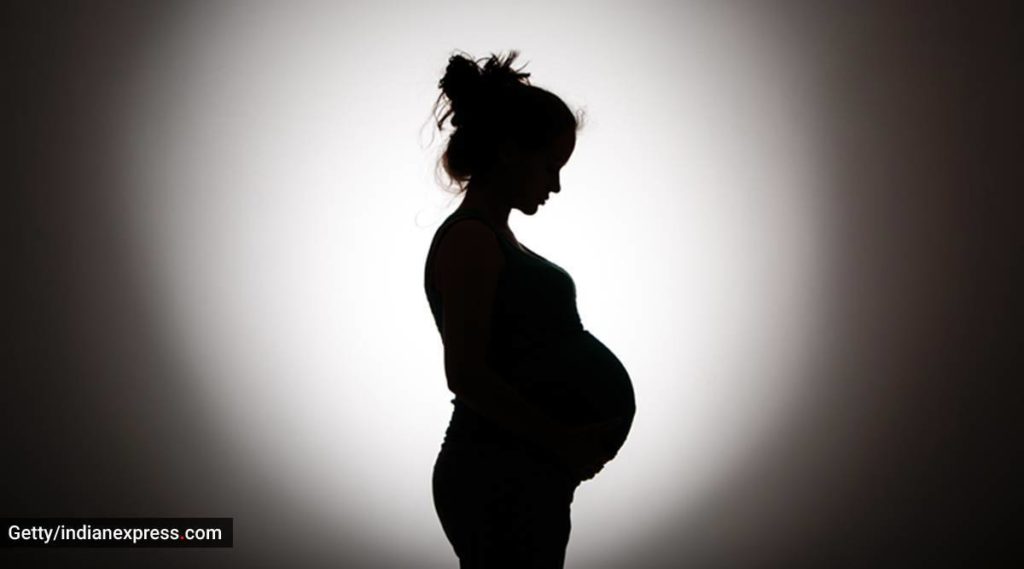While pregnancy and the birth of a child are momentous experiences in a person’s life, the transition also brings a host of challenges for the new mother, with mainly having to adjust to this new life — taking care of the baby and also making sure her own physical and emotional healing is taking place simultaneously. This is why they say that it takes a village to raise a child.
According to Dr Neha Karve, obstetrics and gynaecology, Hiranandani Hospital, Vashi — A Fortis Network Hospital — the puerperium, or six-months after childbirth, may be a period of high vulnerability for women, coupled with feelings of loss of control. “Tremendous changes occur in the mother’s interpersonal and familial world and so, some women may experience minor adjustment issues, and others may experience a debilitating mood disorder known as ‘postpartum depression’.
“Many a time, voices of women suffering from postpartum depression are silent. They go unnoticed and unheard. As a community, it becomes our duty to identify women who go through this condition and help them get the right treatment,” the doctor explains.
Dr Karve adds that child-bearing and child-rearing are experiences that demand emotional and physical attention, which then takes a toll on the mother, and these can trigger mental health problems. “They can appear for the first time during pregnancy and postpartum or pre-existing mental conditions might be aggravated during this time.”
Psychological conditions seen during pregnancy and post-delivery
Mental health issues in child-bearing women can range from postpartum blues to clinical depression. Around 12-13 per cent of women experience depression and anxiety during pregnancy. Their risk is still greater in the first year postpartum, when it can be as high as 15-20 per cent, notes Dr Karve.
The doctor also explains that ‘postpartum psychosis’ is a severe mental illness that can develop in even low-risk women. “It requires urgent psychiatric intervention, because it poses a threat to the life of the mother as well as her baby. It affects 1-2 in every 1,000 women who have given birth. Other conditions like Generalised Anxiety Disorder, Post-Traumatic Stress Disorder (PTSD) and Obsessive-Compulsive Disorder are also seen. One mental condition specific to pregnancy is Tokophobia, which is extreme fear of childbirth or labour.”
Identifying mental health issues in pregnant women
Friends and family naturally play a huge role here. The doctor suggests that doing simple things like talking to her, asking her how her day was, if she is feeling low or overwhelmed, can bring out suppressed feelings.
“Helping around the house, making sure she gets enough sleep, ensuring she gets some time to herself or gets help with her professional work, go a long way. Identify and address any abnormal or out of character behaviour, and seek professional help. Doctors caring for pregnant and lactating women always ask for their mental health during visits. So, family members must report any changes in a woman’s behaviour to her doctor,” the doctor concludes.
For more lifestyle news, follow us: Twitter: lifestyle_ie | Facebook: IE Lifestyle | Instagram: ie_lifestyle
